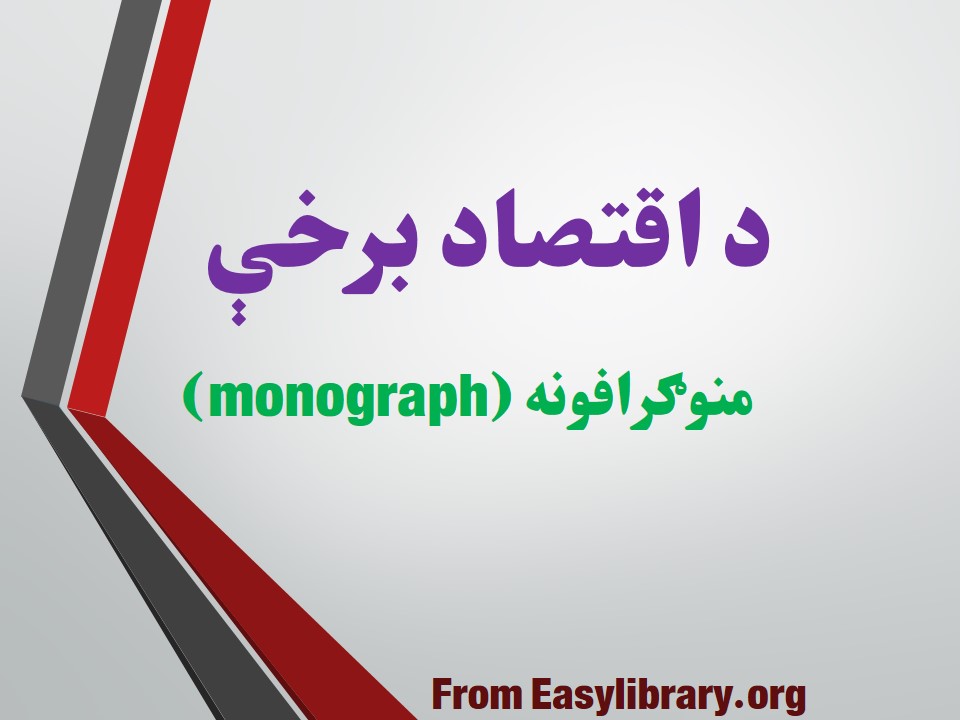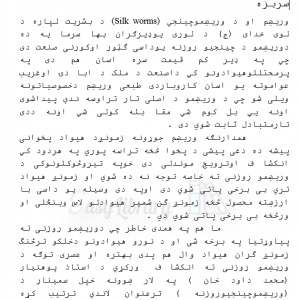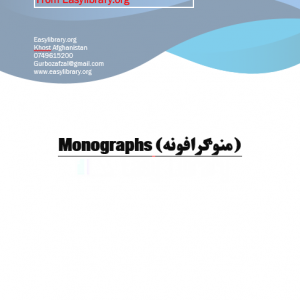About ( دملي عايد ټاکونکي عوامل ): You can read short details of the book above. If You want to get the book ( دملي عايد ټاکونکي عوامل ), than just click on DOWNLOAD FREE Bottom, wait and the download will start to your Mobile/PC.
More from Easylibrary.org: د مکتب نصاب کتابونه, Afghanistan Provinces & Districts Maps (Pdf)
Quotes
Theories of international trade, globalization, trade policies, exchange rates, and the balance of payments play pivotal roles in shaping economies worldwide. Let’s delve into each of these concepts and their impacts:
1. Theories of International Trade:
- Comparative Advantage: This theory, proposed by David Ricardo, suggests that countries should specialize in producing goods and services in which they have a lower opportunity cost relative to other countries. By engaging in trade based on comparative advantage, countries can maximize overall production efficiency and welfare.
- Heckscher-Ohlin Theory: This theory asserts that countries will export goods that intensively use their abundant factors of production (e.g., labor, capital) and import goods that require factors in short supply domestically.
- New Trade Theory: Developed by economists like Paul Krugman, this theory highlights the role of economies of scale, product differentiation, and network effects in driving international trade patterns.
2. Globalization:
- Definition: Globalization refers to the increasing interconnectedness and interdependence of economies, cultures, and societies through the cross-border flow of goods, services, capital, information, and people.
- Impacts: Globalization has facilitated the expansion of international trade, investment, and technology transfer, leading to economic growth, higher living standards, and greater consumer choice. However, globalization has also contributed to income inequality, job displacement, and cultural homogenization, posing challenges for policymakers and societies.
3. Trade Policies:
- Tariffs: Tariffs are taxes imposed on imported goods, designed to protect domestic industries from foreign competition, generate revenue, or address trade imbalances.
- Quotas: Quotas restrict the quantity of specific goods that can be imported into a country during a specified period, often to protect domestic producers or maintain strategic reserves.
- Trade Agreements: Trade agreements, such as free trade agreements (FTAs) and regional trade blocs, aim to reduce trade barriers, promote economic integration, and facilitate cross-border commerce among participating countries.
4. Exchange Rates:
- Definition: Exchange rates represent the price of one currency in terms of another and play a crucial role in facilitating international trade and investment.
- Determinants: Exchange rates are influenced by factors such as interest rates, inflation, balance of payments, market sentiment, and government intervention.
- Impacts: Exchange rate fluctuations affect the competitiveness of exports and imports, inflationary pressures, capital flows, and the overall macroeconomic stability of countries.
5. Balance of Payments:
- Definition: The balance of payments records all transactions between residents of a country and the rest of the world over a specified period, including exports and imports of goods and services, financial flows, and transfers.
- Components: The balance of payments comprises the current account, capital account, and financial account. A surplus in the current account indicates that a country is exporting more than it imports, while a deficit implies the opposite.
- Impacts: Persistent deficits or surpluses in the balance of payments can influence exchange rates, interest rates, inflation, and economic growth, shaping macroeconomic policies and external relations.
Implications:
- Economic Growth and Development: International trade and globalization can stimulate economic growth, foster technological innovation, and expand market access for businesses, contributing to overall prosperity and development.
- Income Distribution: Trade policies and exchange rate movements can impact income distribution within and across countries, potentially exacerbating income inequality and social disparities.
- Macroeconomic Stability: Effective management of exchange rates, balance of payments, and trade policies is essential for maintaining macroeconomic stability, promoting price stability, and safeguarding against external shocks.
In summary, theories of international trade, globalization, trade policies, exchange rates, and the balance of payments offer valuable insights into the dynamics of global commerce and economic relations. Understanding these concepts and their impacts is essential for policymakers, businesses, and individuals to navigate the complexities of the global economy and pursue sustainable development goals.
Read more: Afghanistan Jobs , Articles ,+Publish your Books






Reviews
There are no reviews yet.